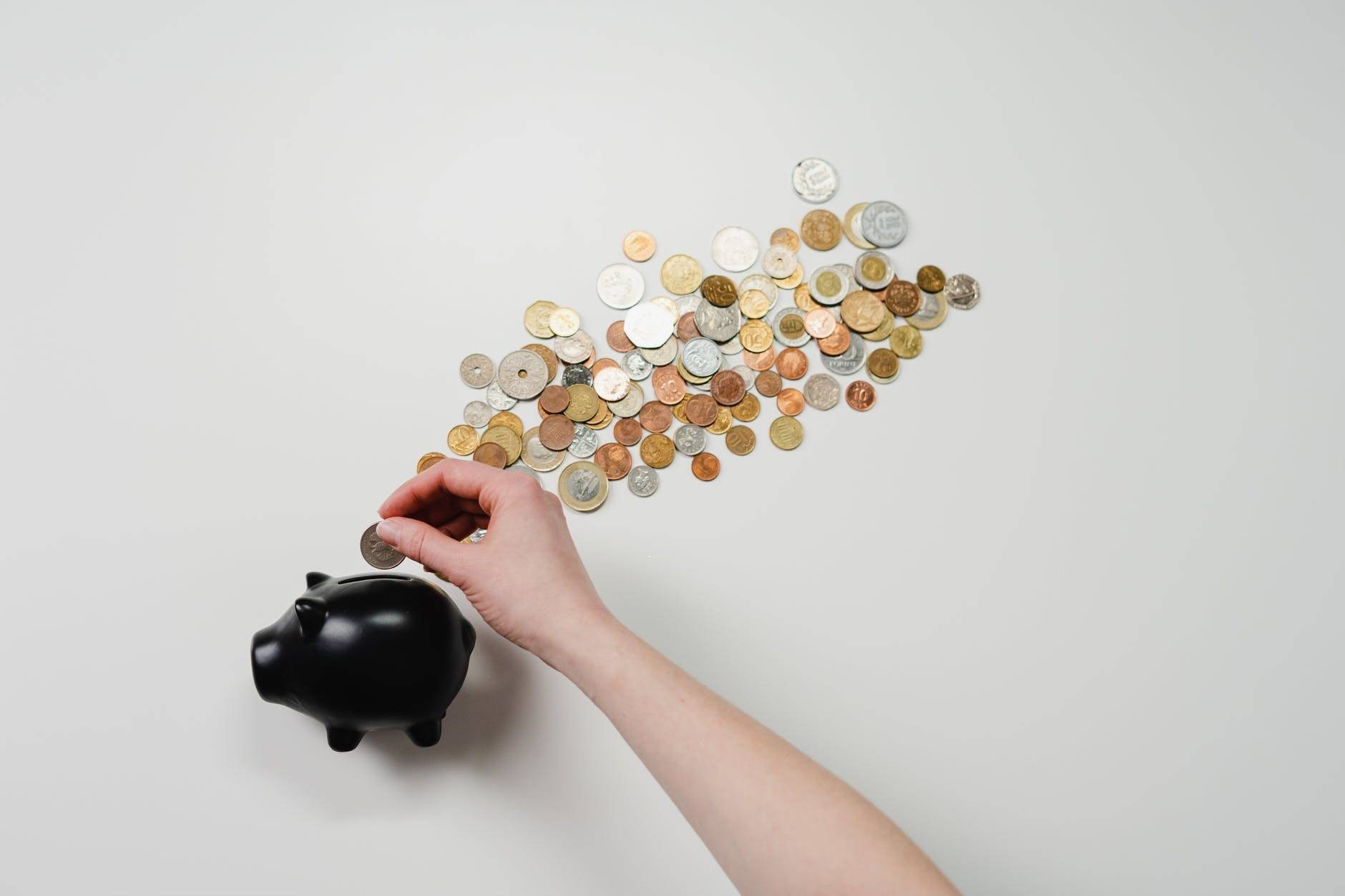
Keeping a budget is not easy. Most people give up on their budgets because they can’t get it right the first time, and don't know how to adjust along the way. Budgeting helps you reach your goals and it’s an incredibly valuable tool that anybody can master. Here are 6 tips to stick to your budget and jump start your savings!


2. Don’t spend more than you earn. Getting into debt is easy, but getting out of it can be a nightmare. Too many people are living paycheck to paycheck and don’t have enough savings. Most people have no idea how much they spend on interest and bills each year. If you don’t know where your money goes every month, then you won’t be able to budget effectively or save up for big purchases like vacations or home renovations.

3. Lower the limit on your credit card. Credit cards are a great way to build credit, but they can also be dangerous if you don't pay them off in full each month. High credit limits make it easy to rack up debt and hard to pay it off. If you're not careful, one late payment could kill your score altogether! And that's just the beginning of the trouble with high limits…Make sure your limit is low enough so that you can cover all of your purchases with cash or an emergency fund (or both). That way, any purchase will be paid for at once – which means no interest charges and no damage to your credit rating. This simple trick will help keep you out of financial trouble while helping boost your credit score over time.
4.Decrease your monthly subscription fees. It's hard to keep track of all your subscriptions and it's even harder to find a bank that doesn't charge you a fortune in fees. How much are you spending on monthly subscriptions? Between Netflix, Hulu, Amazon Prime, Spotify, Apple Music and cable, chances are you're spending close to $100 each month. That's $1,200 per year!


Jan 24,2025

Nov 27,2022

Nov 20,2022
